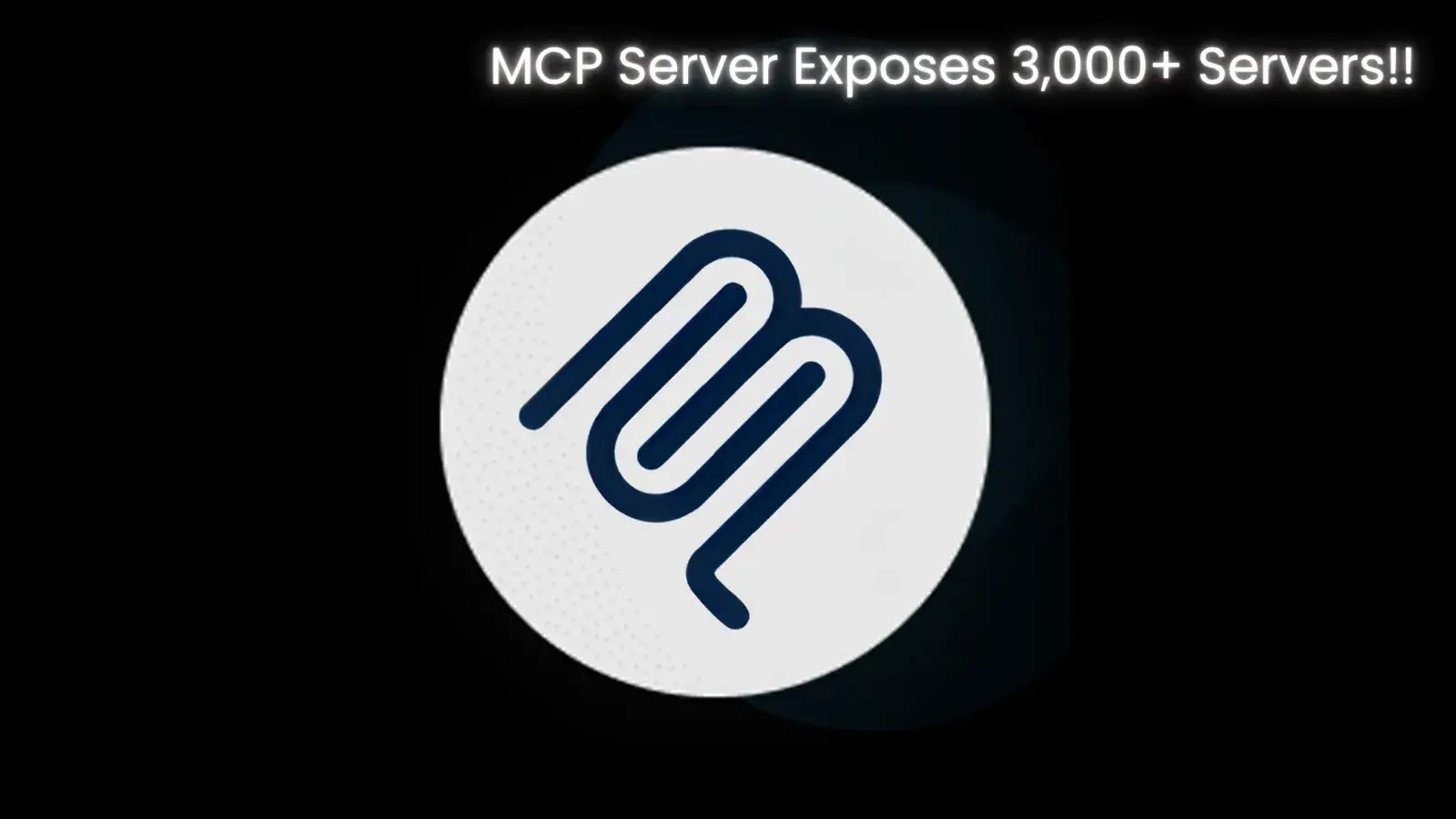A critical memory corruption vulnerability, tracked as CVE-2025-5688, has been disclosed in FreeRTOS-Plus-TCP, Amazon’s open-source TCP/IP stack widely used in embedded and IoT devices.
The flaw, rated 8.4 (High) on the CVSS scale, is rooted in how the stack processes Link-Local Multicast Name Resolution (LLMNR) and Multicast DNS (mDNS) queries containing excessively long DNS names, specifically when Buffer Allocation Scheme 1 is enabled.
FreeRTOS-Plus-TCP is engineered for FreeRTOS environments, supporting a broad array of networking protocols—IPv6, ARP, DHCP, DNS, LLMNR, mDNS, NBNS, RA, ND, ICMP, and ICMPv6—via a standard Berkeley sockets interface.
To manage network buffers, the stack offers two allocation schemes:
- Scheme 1: Allocates from a fixed-size buffer pool.
- Scheme 2: Dynamically allocates buffers from the heap as needed.
The vulnerability manifests only under Scheme 1, where buffers are of fixed size.
When LLMNR or mDNS is enabled, and a query with a DNS name longer than the buffer’s capacity is received, the code fails to adequately check the length, leading to an out-of-bounds write.
This can result in system crashes or, in a worst-case scenario, arbitrary code execution on the target device.
Vulnerable Versions and Impact
The issue affects the following FreeRTOS-Plus-TCP versions:
- LLMNR: v2.3.4 through v4.3.1 with Buffer Allocation Scheme.
- mDNS: v4.0.0 through v4.3.1 with Buffer Allocation Scheme.
The vulnerability is severe because it requires no user interaction, no privileges, and has a low attack complexity.
Exploitation could compromise the confidentiality, integrity, and availability of embedded systems, making them a high-value target for attackers in industrial, medical, and consumer IoT deployments.
Patch Details and Code-Level Mitigation
The AWS security team, in collaboration with Purdue University, addressed the flaw in version 4.3.2 of FreeRTOS-Plus-TCP.
The patch introduces strict bounds checking to prevent buffer overflows during LLMNR and mDNS query handling.
While the specific patched code is not fully disclosed, the core fix involves validating the length of incoming DNS names before copying them into fixed-size buffers.
A typical defensive pattern might resemble:
cif (name_length > MAX_DNS_NAME_LENGTH) {
// Reject the packet or truncate safely
return ERROR_INVALID_NAME;
}
memcpy(buffer, incoming_name, name_length);
This ensures that any DNS name exceeding the buffer’s capacity is handled gracefully, preventing memory corruption.
No Workarounds Available
There are no viable workarounds for this vulnerability.
Systems must upgrade to FreeRTOS-Plus-TCP v4.3.2 or later.
Developers maintaining custom forks or derivative codebases should integrate the upstream patch immediately.
Broader Security Implications
Given FreeRTOS’s widespread adoption in critical embedded environments, this vulnerability underscores the importance of rigorous input validation in network protocol implementations.
Memory corruption in low-level network stacks can be a gateway to remote code execution, persistent malware, or denial-of-service attacks, especially in resource-constrained IoT devices where security controls may be limited.
Amazon and the FreeRTOS community urge all users to update promptly and monitor for derivative vulnerabilities in related protocol handlers.
The coordinated disclosure process, including contributions from Purdue University, highlights the value of academic-industry collaboration in securing foundational open-source infrastructure.
For further technical details and the latest patched releases, consult the official [FreeRTOS-Plus-TCP GitHub repository.
To Upgrade Your Cybersecurity Skills, Take Diamond Membership With 150+ Practical Cybersecurity Courses Online – Enroll Here



